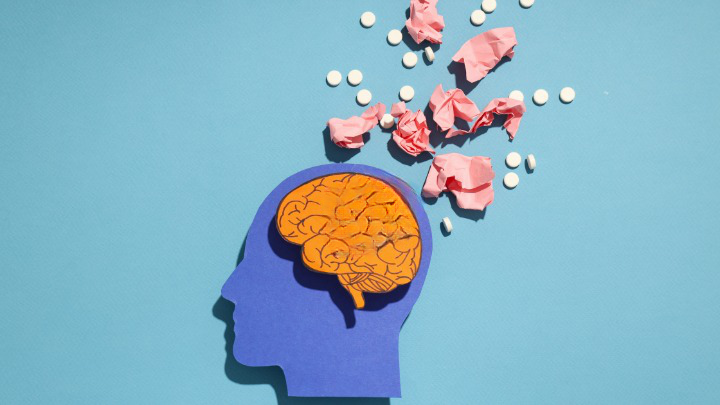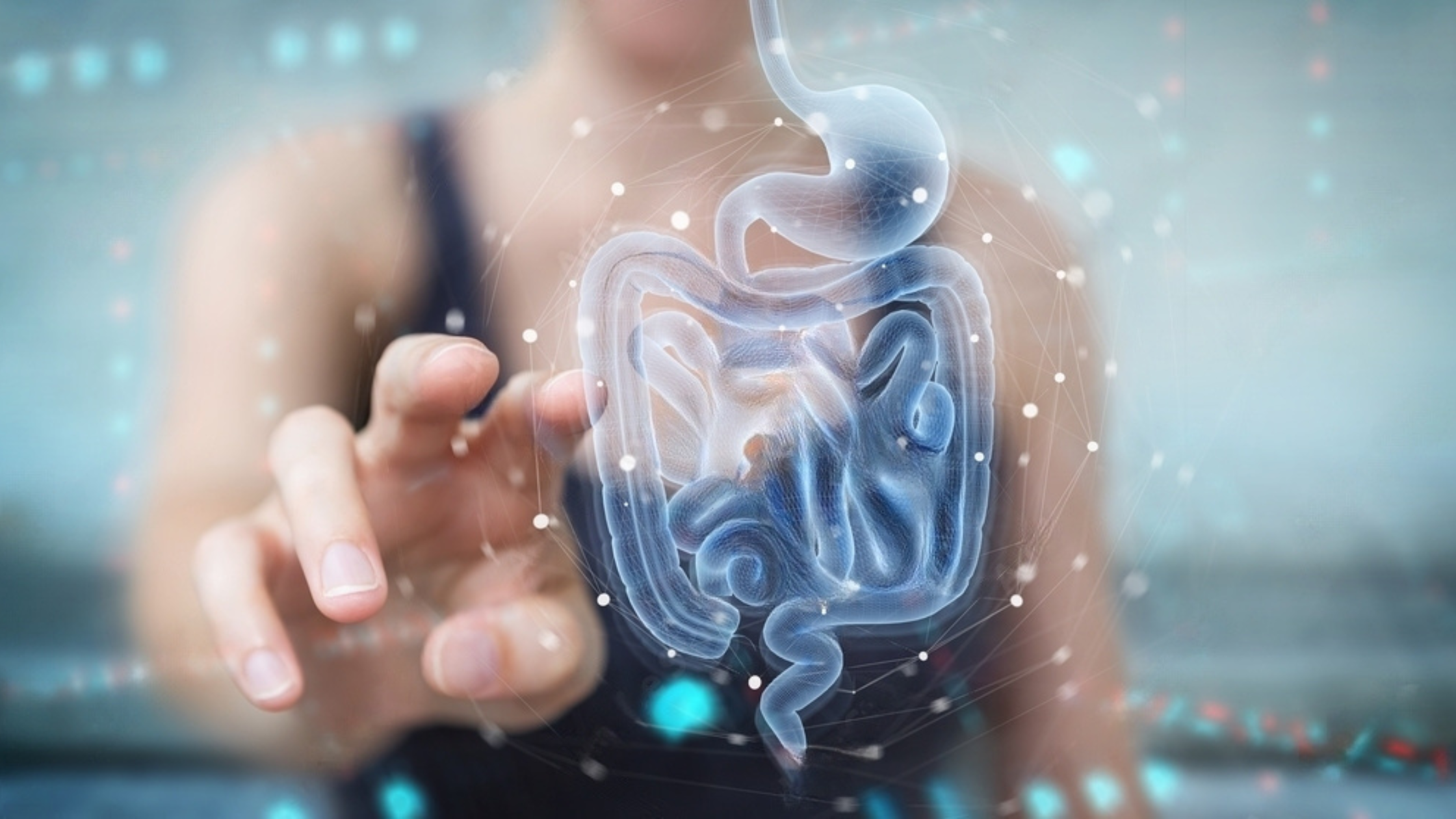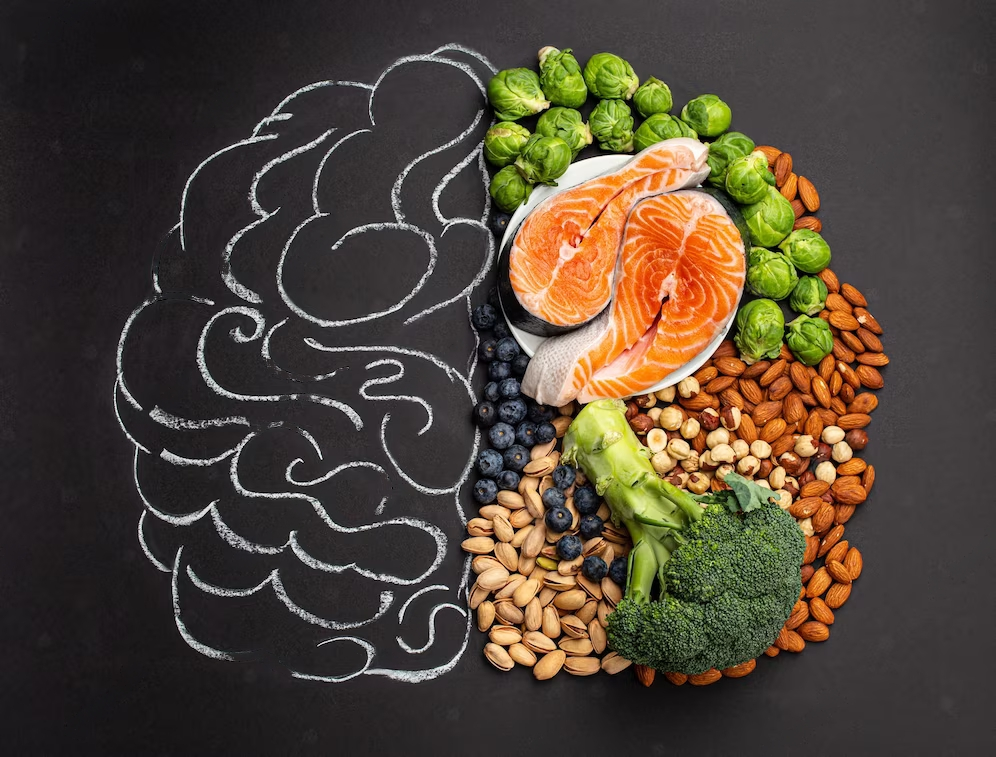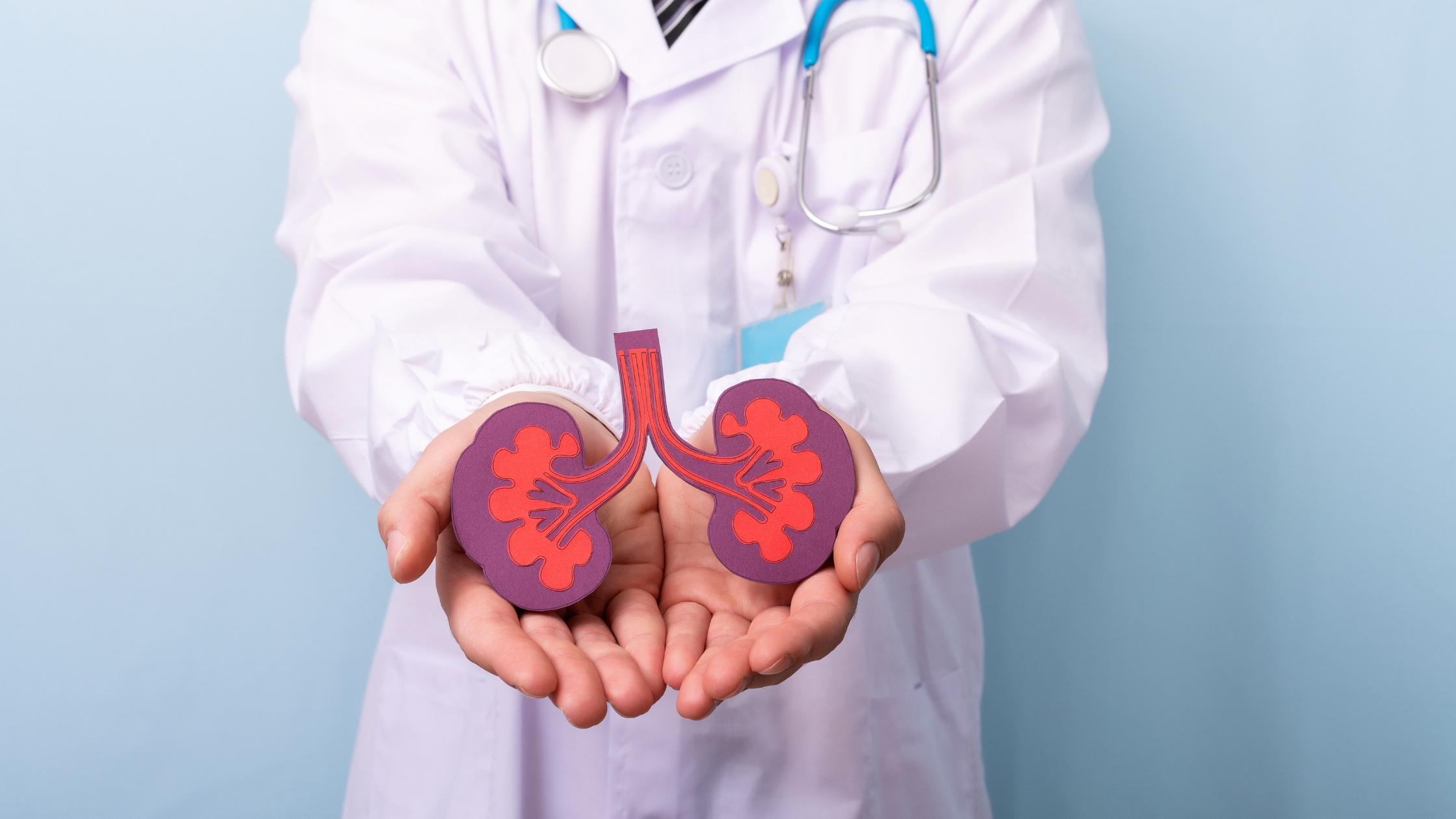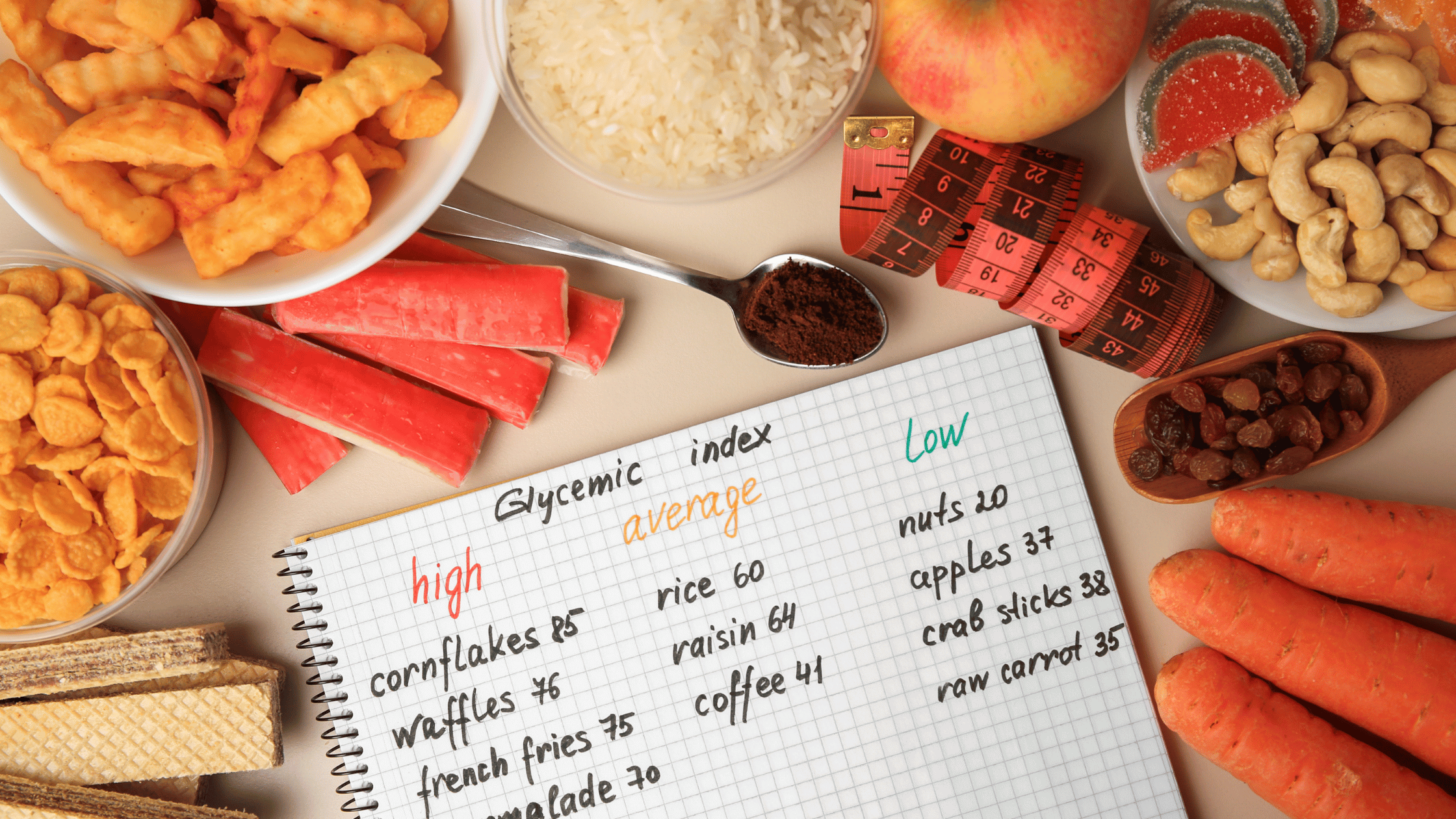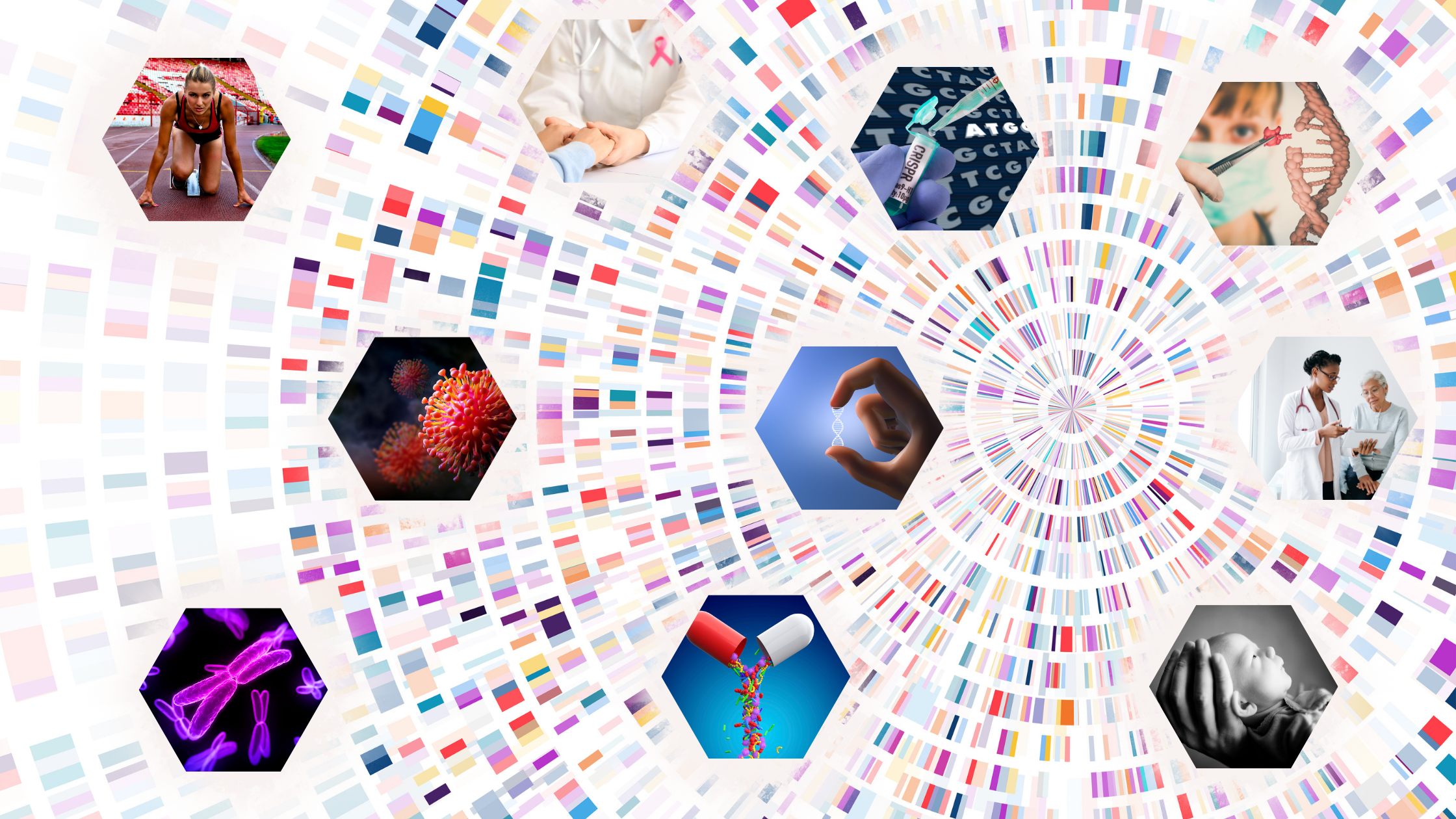Why is Gut Microbiome Crucial for Health?
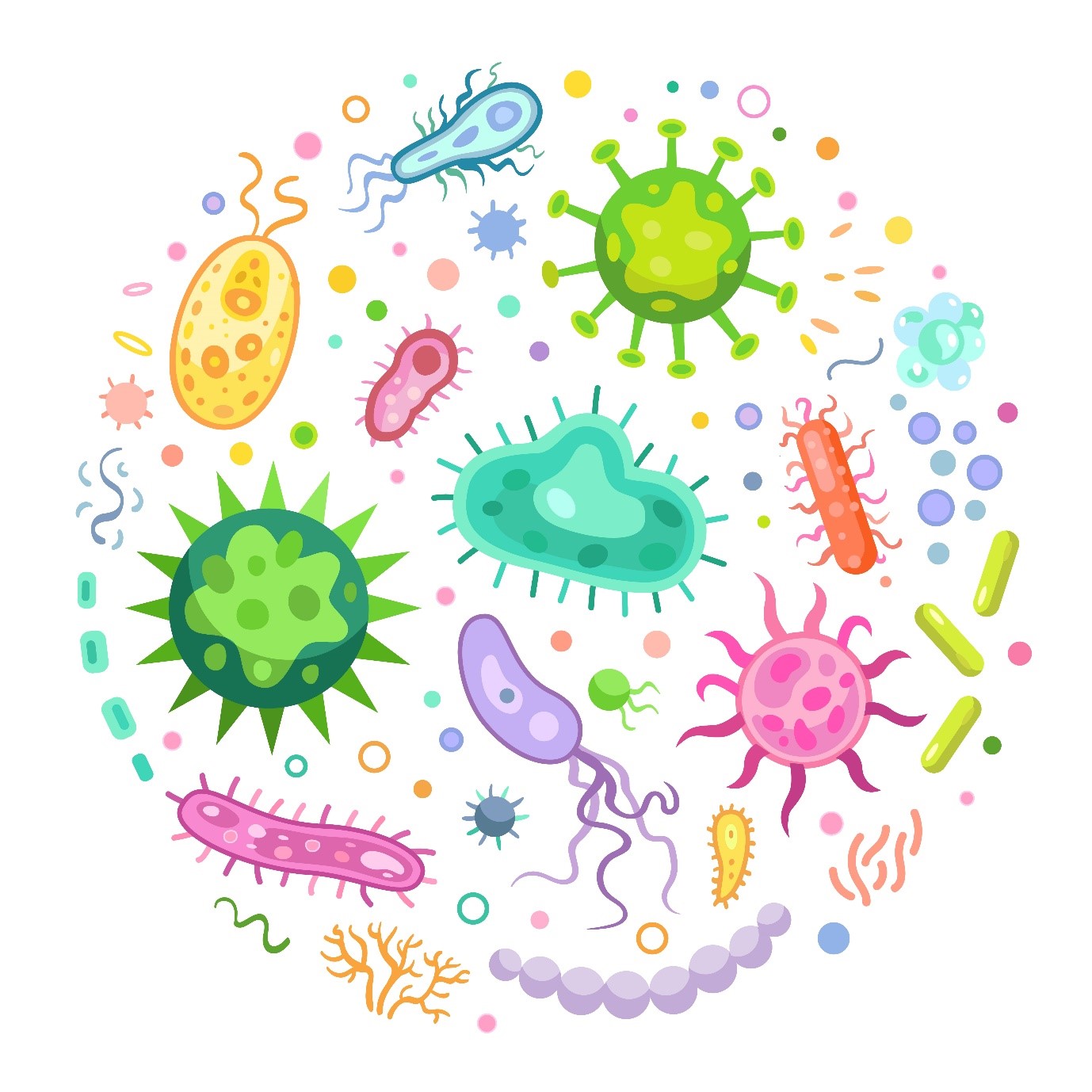
A healthy human body is composed of thousands of bacteria, viruses, and fungi, collectively known as the microbiome. Recent studies have made significant progress in characterizing gut microbiome structure, which has paved the way for its influence on our health.
The microbiome is essential for maintaining the immune system, heart health, weight, and several other aspects of health. Also, some of the bacteria are associated with various diseases. They have a tremendous ability to affect our health. In this article, we will discuss what the gut microbiome is and why it is essential for health.
What is gut microbiome?
Trillions of microorganisms and their genetic material live in the intestinal tract and are together called the gut microbiome. The gut microbiome mainly comprises of bacteria, which are essential for your health and wellbeing. These bacteria live in your digestive system, and they mainly help in digesting the food you eat and absorbing and synthesizing the nutrients.
Studies say that gut microbiome consists of more than a thousand species of bacteria, and each of them plays a crucial role in health.
Summary: Gut microbiome is microbes present in your intestinal tract, which are essential for your health.
| Important Facts About Gut Microbiome |
|---|
|
Why is gut microbiome important?
Microbes are evolve with our body since birth and are an integral part of our health. Over the last decade, pioneering data have shown that some metabolic disorders, such as obesity and diabetes, are associated with shifts in the microbiota at the phylum level.
Recent literature has also opened the doors for development and possible treatment of major human diseases, longevity and infant health. It has also provided new insights regarding the mechanisms behind host and microbiome interactions.
| Role of gut microbiota in various metabolic functions: |
|---|
|
What are some of the elements that the gut microbiome impacts?
Nutrition
Gut microbes help in absorbing energy as well as nutrition, from the food we consume. They help in the breakdown of complex food molecules. Gut microbes allow the fermentation of non-digestible substances like dietary fibers.
We all live in different environments and get exposed to different surroundings. This results in a diverse microbiota and a bacterial fingerprint specific to you. Lower diversity leads to dysbiosis or microbial imbalance in the gut. This irregularity in the microbiota can be due to exposure of various environmental factors, including diet, drugs, toxins, and pathogens. This may result in autoimmune diseases, obesity, and cardiac disorders in young as well as in older adults.
The gut microbiota appears to play a role in the development and progression of obesity. Some scientific studies of overweight and obese people have shown dysbiosis, characterized by a lower microbial diversity. Also, long term weight gain in humans is associated with lower microbiota. Dysbiosis can result in diet-induced obesity and metabolic complications.
Immunity
It is believed that our microbiome starts building the moment we are born. Some recent studies have shown that there is a presence of bacteria even in the prenatal environment, which helps in the development of immunity. This early exposure to microbes helps in the development of vital defense mechanisms and adaptive immunity.
Our immune system keeps a delicate balance by eliminating invading pathogens and maintaining the essential microbiome. The gut microbiome that resides in our gastrointestinal tract provides many health benefits, in particular, regulates immune homeostasis. It regulates innate and adaptive immune homeostasis, which helps prevent the development of autoimmune diseases.
Our gut microbiota allows the induction of a protective response to invading pathogens and contributes to regulating health. Maintenance of hemostasis is the fundamental process, and failure to control these responses can lead to immunity-related disorders such as Inflammatory Bowel Diseases (IBD), allergies, and various metabolic syndromes.
Mood and behavior
Gut-brain axis is the term used to refer to the connection between our gut and brain. They are connected both physically and biochemically.
Serotonin is a happy hormone, which is produced in our gut. Antidepressants work by increasing the level of serotonin.
According to researchers, gut bacteria produce neurotransmitters such as dopamine and serotonin, norepinephrine, acetylcholine, and GABA, which are crucial for mood, anxiety, concentration, and motivation. The gut microbiome can induce changes in our mood or how our brain reacts.
Dr. Michael Gershon, a scientist and a professor of pathology and cell biology and known as “father of neurogastroenterology”, strongly believes that our gut is our second brain. According to him, there is bidirectional communication between the gut and the brain.
A healthy gut microbiome needs to have balanced emotions and behavior. Also, taking care of the gut microbiome is vital for better mental health, a sharp brain, and a quality life.
Diseases
Various external factors, such as the consumption of antibiotics, diet elements, psychological stress, and other factors, can induce dysbiosis of our gut microbiome. Dysbiosis is an impairment of the healthy functioning of our gut microbiota. This leads to the dysregulated production of certain microbial products or metabolites, leading to a range of systemic diseases.
Reduced microbial diversity in the gut is linked to inflammatory bowel diseases (IBD),
obesity, and type 2 diabetes. Antibiotics can disturb our gut microbiota, leading to certain illnesses, infections, and resistance development.
Future advances will help to clarify the potential role of gut microbiota in the mechanism of various diseases, and treatment strategies that can help to treat these conditions.
Importance of Gut Profiling
Gut profiling is the study of unique microbial fingerprints found in the human gut to understand their associations with well-being and diseases. According to researchers, no two individuals can have the exact same composition of gut microbiota. Each individual has a unique composition, just like fingerprints.
These unique biomarkers can help in the development of nutritional and personalized therapy in early disease predictions, even in asymptomatic conditions. It also enables a more accurate prognosis of the disease progress.
With recent development, new strains are being added to existing microbiota without disturbing the balance and function of the microbiome. This may result in the possibility of preventing the invasion of potential microbes causing diseases.
Final Words
Gut microbiome significantly benefits our health. It plays a crucial role in the process of digestion, development of immunity, and various other aspects of health. Any imbalance in this microbiome can lead to obesity and various other diseases.
There are several things that one can do to help your gut microbiota remain healthy and balanced. Follow a healthy diet and lifestyle, and remember that the food you eat not only nourishes you, but also supports the trillions of microorganisms that live in your gut. Consuming healthy food, exercising regularly, and quality sleep can keep your gut happy and healthy.
Your gut microbiome is the key aspect of your nutrition and health.






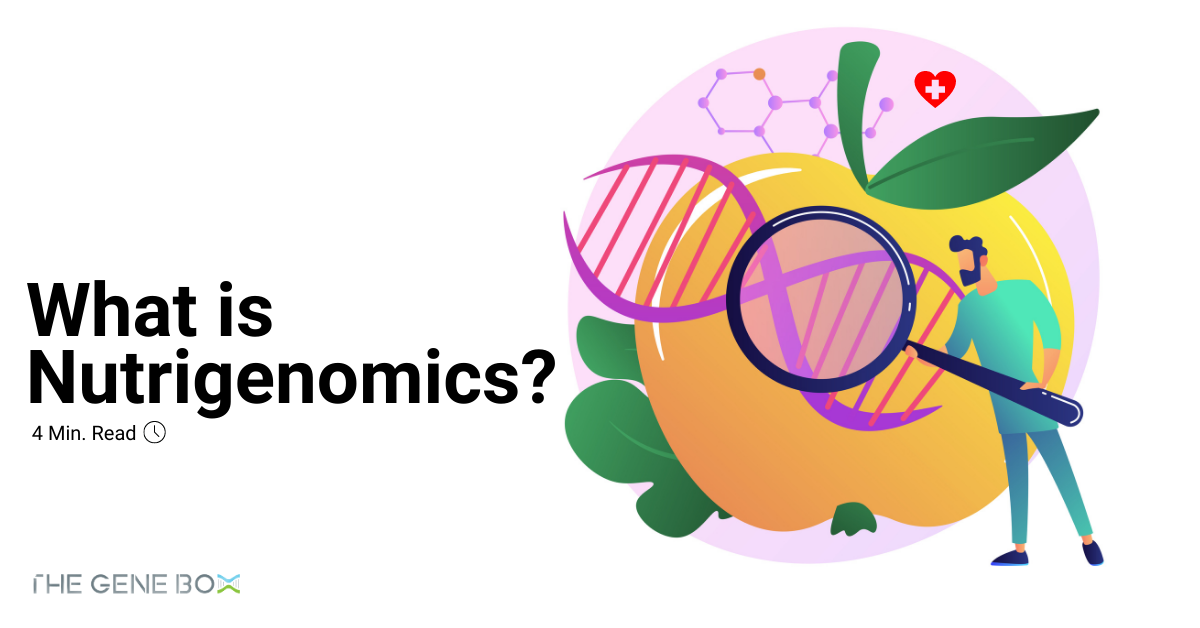


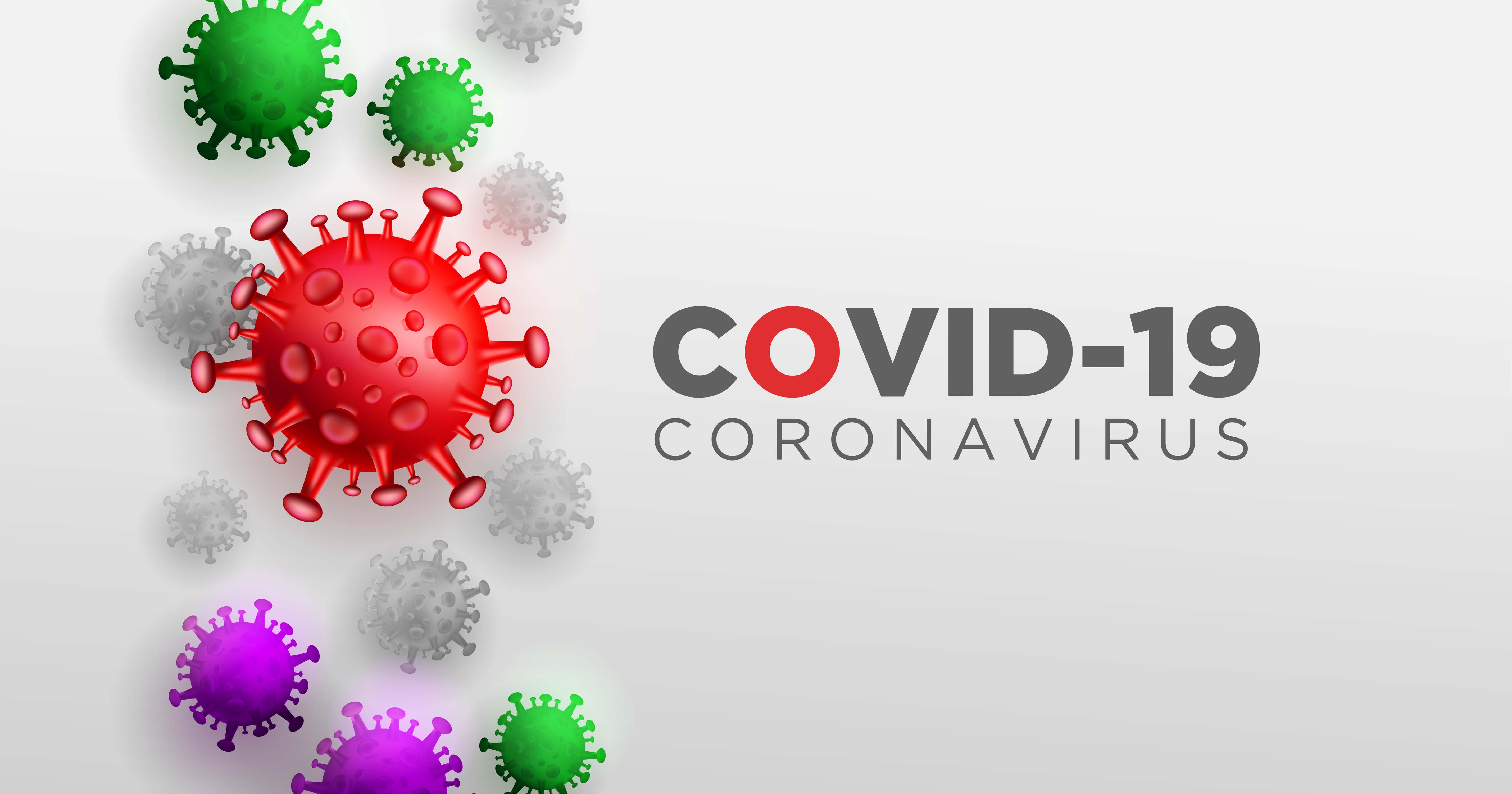

.png)








